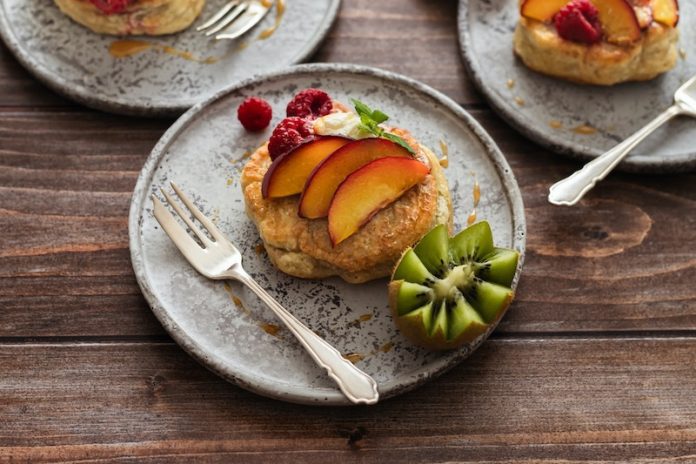
You’ve probably heard the phrase “you are what you eat,” but did you know that what you eat can also affect how well you sleep? Yep, that’s right.
Your late-night snack or dinner choices could be the difference between counting sheep and a peaceful night’s sleep.
Why What We Eat Matters for Sleep
First, let’s talk about why food impacts your sleep. The science behind this is all about two things: hormones and brain chemicals. You’ve probably heard of melatonin, the “sleep hormone.”
Foods can either boost this hormone or mess with it. And it’s not just melatonin; foods also influence other chemicals in your brain that play a role in sleep.
A study published in the “Journal of Clinical Sleep Medicine” found that a diet high in sugar and low in fiber is linked to lighter, less restorative sleep.
Another study from the University of Pennsylvania published in “Appetite” suggests that people who don’t get enough sleep are more likely to crave junk food. It’s a vicious cycle: poor sleep leads to bad eating habits, which leads to even poorer sleep.
Foods That Make You Go Zzz…
Okay, enough about the problem; let’s talk solutions. What should you be adding to your grocery list to get those precious Zzzs? Studies point to a few superhero foods for sleep.
Fruits like Cherries and Kiwis: These are natural sources of melatonin. A study in the “European Journal of Nutrition” showed that people who drank tart cherry juice slept about 85 minutes longer than when they didn’t.
Fish: Especially fatty ones like salmon and tuna. They contain vitamin D and omega-3 fatty acids, which work together to boost serotonin, a brain chemical that helps regulate sleep.
Nuts and Seeds: Almonds and walnuts, for instance, have melatonin and magnesium. Magnesium helps relax your muscles, making you feel calmer.
Complex Carbs: Think whole grains like oatmeal and brown rice. These foods also help in the production of serotonin.
Avoid caffeine at least 6 hours before bedtime. And although alcohol might make you feel sleepy, it actually disrupts your sleep cycle, so it’s not a good choice if you want quality sleep.
Timing is Everything
It’s not just about what you eat, but also when you eat it. Eating a large meal right before bed can lead to indigestion and disrupt your sleep.
On the flip side, going to bed hungry can also interfere with sleep. The key is balance. Aim to have a smaller, balanced meal at least 2-3 hours before you plan to hit the sack.
Conclusion
If you’re struggling with sleep, your diet might be a good place to start making changes.
From adding fruits like cherries to your diet to having a small, balanced meal a few hours before bedtime, there’s a lot you can do to improve your chances of a good night’s sleep.
Remember, it’s not just the quantity of sleep that matters, but also the quality—and what you eat plays a huge role in that. So go ahead, make some smart food choices and sleep your way to better health!
If you care about sleep, please read studies about herbs that could help you sleep well at night, and these drugs could lower the severity of sleep apnea by one-third.
For more information about sleep, please see recent studies that coffee boosts your physical activity, cuts sleep, affects heartbeat, and results showing how to deal with “COVID-somnia” and sleep well at night.
Follow us on Twitter for more articles about this topic.
Copyright © 2023 Scientific Diet. All rights reserved.





